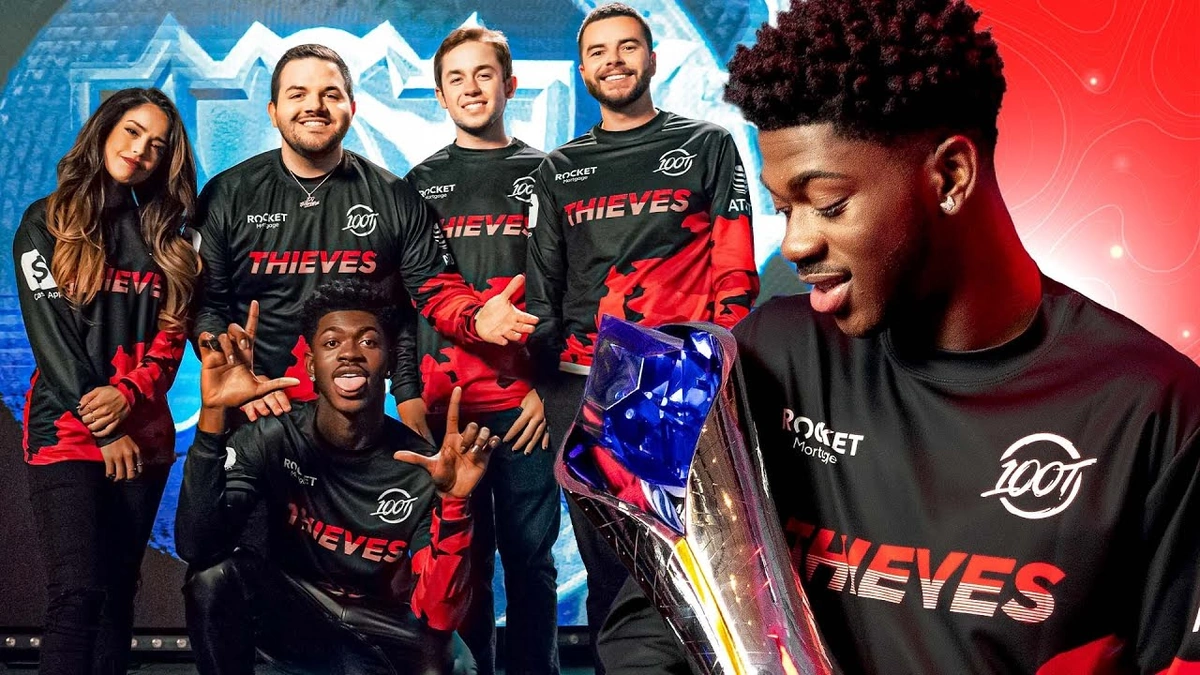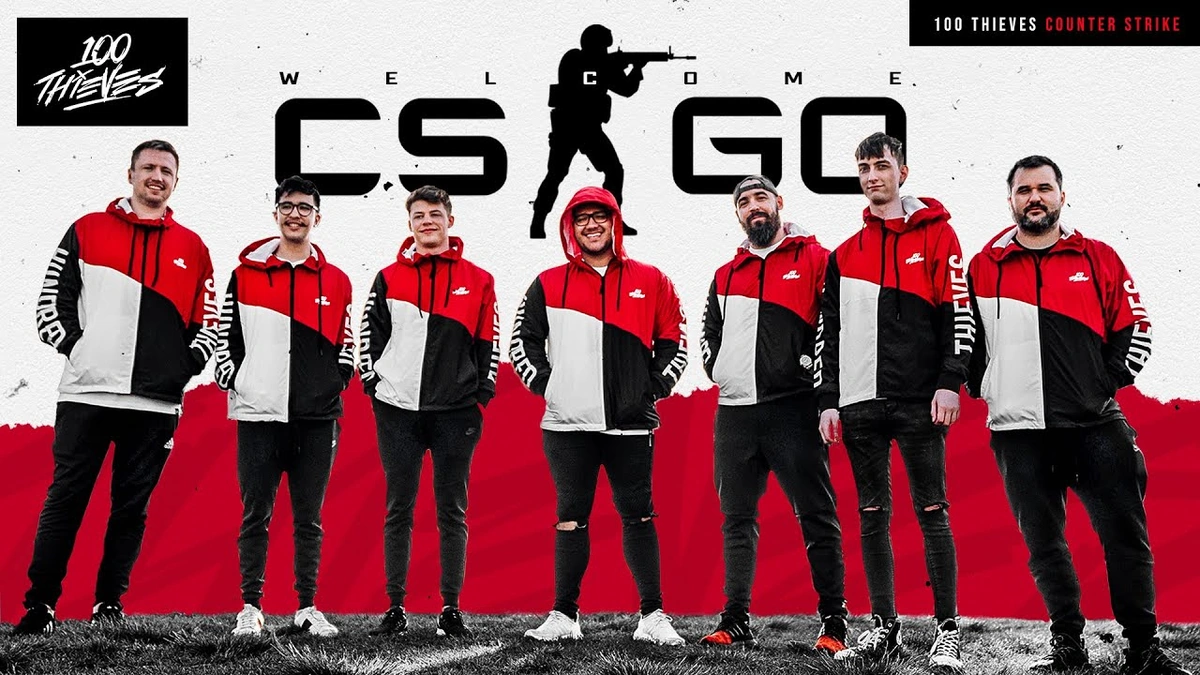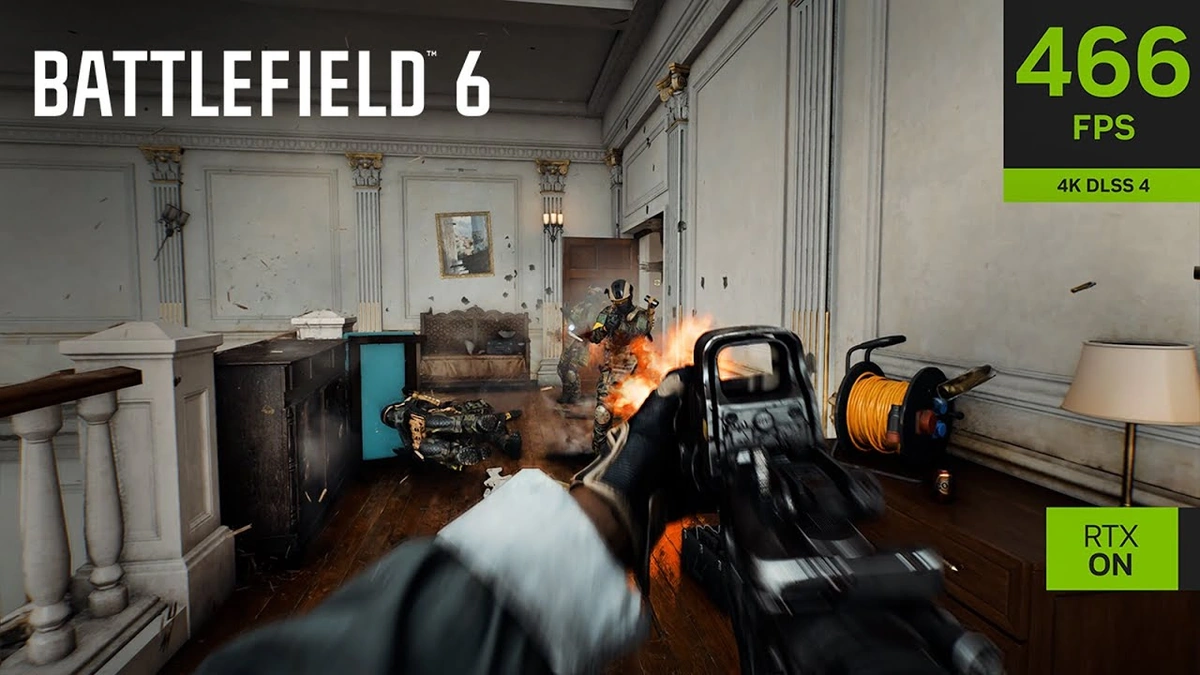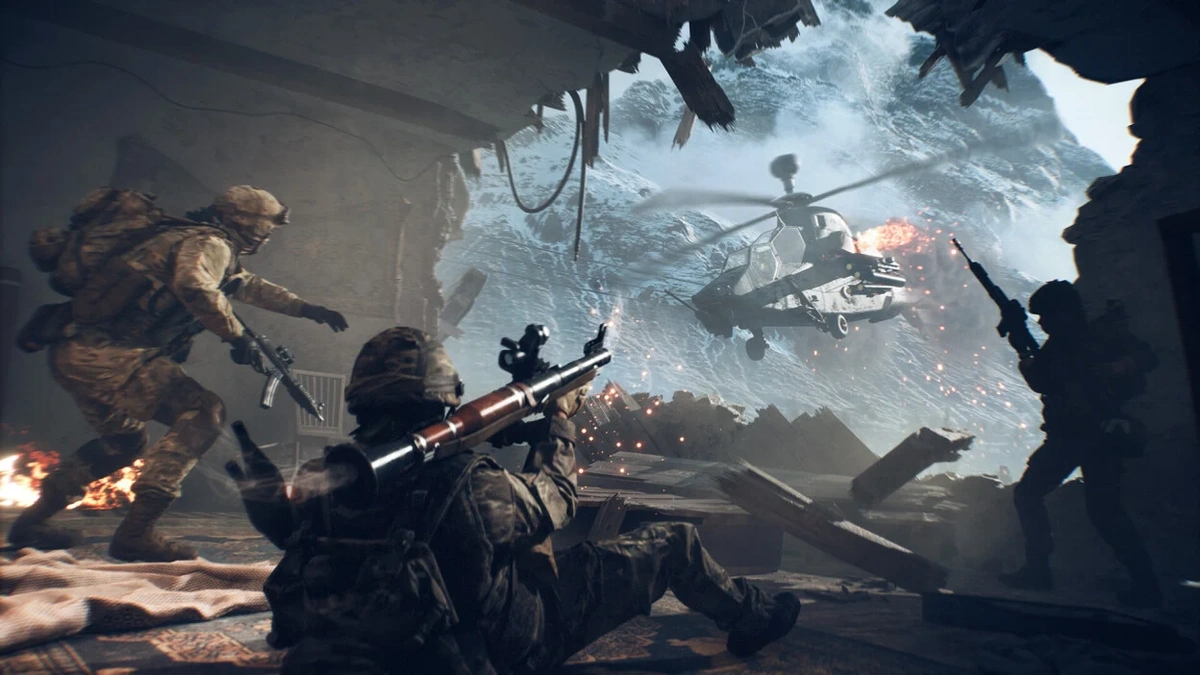The Unlikely Empire of 100 Thieves: More Than Just Merch?
100 Thieves . The name alone sounds like something out of a heist movie, right? But here’s the thing: they’re not robbing banks (as far as I know). They’re building an empire in esports, apparel, and content creation. So, what’s the secret sauce? Why has this brand, initially known for its Call of Duty roots, become such a cultural phenomenon? Let’s dive deep, shall we?
The Meteoric Rise | From Clan to Cultural Force

It started with Nadeshot, a.k.a. Matthew Haag, a Call of Duty legend. But here’s where it gets interesting. He didn’t just want to be a great player; he wanted to build something bigger. Something lasting. And that’s where 100 Thieves was born. Now, a lot of esports teams exist, but very few have managed to capture the cultural zeitgeist quite like this one. What fascinates me is how they’ve leveraged their gaming credibility to tap into broader lifestyle trends, especially among Gen Z and millennials. They are successful not just as a team, but also as a lifestyle brand.
100 Thieves quickly expanded beyond just competing in esports tournaments . They created a unique brand. One part apparel, one part content, and one part something else entirely. It’s hard to pin down, but it’s undeniably effective. They tapped into a deep desire to belong, to be part of something cool, something authentic. I’ve watched this happen from a distance, and it’s like watching a master class in branding. What makes them so effective, especially when you consider the crowded landscape of both esports and apparel brands?
The Apparel Game | More Than Just Hoodies
Let’s be honest, every esports team has merch. But 100 Thieves doesn’t just slap their logo on a t-shirt and call it a day. They create limited-edition apparel drops that sell out in minutes. Why? Scarcity. Exclusivity. Hype. But it’s also about design. Their apparel is genuinely stylish, not just some generic gaming gear. They’ve successfully combined streetwear fashion and gaming culture . This is a deliberate strategy, according to interviews given by Nadeshot and other executives, that ensures the brand will appeal beyond the existing fanbase of the esports organization . This is the company’s key to creating a very profitable gaming lifestyle brand .
And it’s not just about the clothes themselves. It’s about the experience. The anticipation. The community. Buying a 100 Thieves hoodie isn’t just buying a piece of clothing; it’s buying into a lifestyle. It’s signaling to the world that you’re part of the 100 Thieves tribe. This business acumen helped 100 Thieves solidify its place as a leader in the field of gaming merchandise .
Content is King | Building a Loyal Following
But the apparel is just one piece of the puzzle. 100 Thieves also invests heavily in content creation. From behind-the-scenes vlogs to high-production documentaries, they’re constantly creating content that engages their audience. This is where they really shine. They’re not just pushing products; they’re building relationships. They are connecting with their fans on a deeper level. Through content, 100 Thieves builds loyalty in a way that the organization can leverage across multiple industries, like entertainment and technology. As I mentioned before, it’s a tribe.
And it’s not just about the quantity of content; it’s about the quality. Their videos are well-produced, engaging, and often hilarious. They give fans a glimpse into the lives of their favorite players and personalities. They show the highs and lows, the struggles and the triumphs. This level of transparency is rare in the esports world. It’s what makes 100 Thieves so relatable. They’ve successfully mastered the art of digital storytelling.
The Future of 100 Thieves | What’s Next?
So, what’s next for 100 Thieves? That’s the million-dollar question. They’ve already conquered esports, apparel, and content. But I suspect they’re not done yet. According to a recent Forbes article, the esports company valuation of 100 Thieves continues to rise as the organization enters new spaces. I would not be surprised if they branched into new areas, such as music, film, or even food. The possibilities are endless.
The one thing that’s certain is that 100 Thieves will continue to innovate and disrupt. They’re not afraid to take risks. They’re not afraid to experiment. And that’s what makes them so exciting to watch. But, and this is a big but, they need to maintain their authenticity. As they grow, they need to stay true to their roots. They need to remember what made them special in the first place.
Here’s the thing — there’s a lesson in all of this. 100 Thieves isn’t just an esports team or an apparel brand or a content creator. It’s a symbol of something bigger. It’s a symbol of the power of community, the power of authenticity, and the power of believing in something bigger than yourself. And that, my friends, is a powerful thing indeed. As I have written about before, sometimes passion and community can disrupt the status quo.
FAQ About 100 Thieves
What esports teams does 100 Thieves have?
100 Thieves currently has teams competing in Valorant and other titles. They previously had teams in League of Legends and Call of Duty .
Where can I buy 100 Thieves apparel?
100 Thieves apparel is sold exclusively through their online store during limited-edition drops. These drops are announced on their social media channels, so it’s best to follow them to stay updated. Stock is often limited, so act fast!
Who owns 100 Thieves?
100 Thieves was founded by Matthew “Nadeshot” Haag. He remains the CEO and a significant shareholder.
Is 100 Thieves a publicly traded company?
No, 100 Thieves is a privately held company. This allows them more flexibility in their decision-making and long-term strategy.
What is 100 Thieves known for besides esports?
Beyond esports, 100 Thieves is known for its streetwear-inspired apparel, high-quality content creation, and strong community engagement. These elements have helped them build a loyal and passionate fanbase.
The rise of 100 Thieves isn’t just a story about gaming; it’s a story about branding, community, and the power of digital culture. And that’s something worth paying attention to. Don’t just see them as another gaming brand – see them as a case study in building a modern empire.













